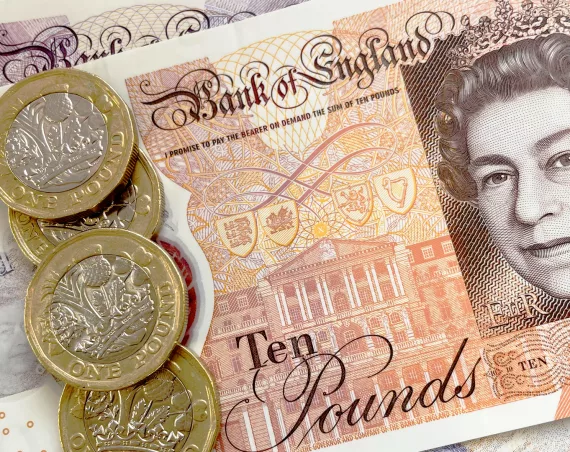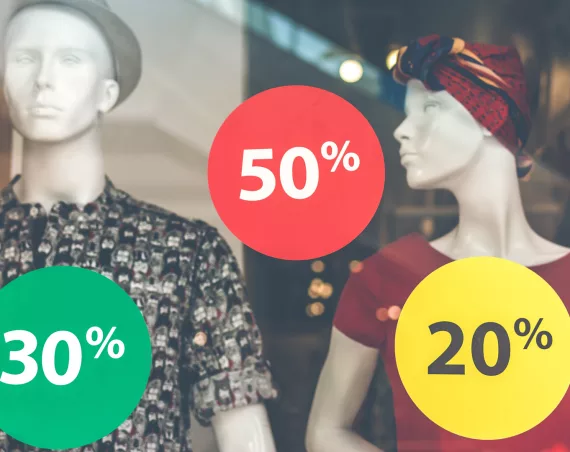
Travel – on foot, by bus, by car
Powered by RedCircle
Hello and welcome to Learn English Vocabulary. My name is Jack and I’m making this podcast for you to learn or revise English vocabulary.
Introduction
Today, I’m making a podcast about travel and the language is aimed at A2 learners, but I’m including some more advanced language too so there should be something interesting if you are more advanced. When I was writing this, it started getting a little long so I’m going to split this into two podcasts.
I’m going to tell you a little story about a journey I had to take and I’m going to use loads of vocabulary related to travel and different forms of transport. I’ll tell the story in four parts; two today and two tomorrow. After each part of the story, I’ll describe the vocabulary and then I’ll tell the same part of the story again so you can hear the vocabulary in context once more.
Part 1
So this is about the trip I had to make to Spain some years ago to visit my mum. I live in Ludlow which is a small town in Shropshire and my mum used to live in Spain. It’s not that far from Manchester which has a good airport with regular flights to Malaga in Spain.
I set off early in the morning. I only had a small bag so I could do the first part of the journey on foot. I walked to the bus stop and waited for the bus into town. The bus into town normally leaves every fifteen minutes so you can just turn up. You don’t have to wait long. However, this time, after waiting for about 10 minutes, I checked the timetable. I couldn’t believe it, the timetable had changed and there wasn’t going to be a bus into town for another hour and I had to get to the station.
That’s the end of the first part. Let’s look at some vocabulary.

Part 1 vocabulary
First the phrasal verb to set off. To set off means to start a journey. Someone might ask: what time did you set off? I set off just after 9.
I walked to the bus stop. When you walk somewhere, you can say that you are going there on foot. This is something that people make a mistake with. Normally, when we say how we travel, we say by, by car, by bus, by train, but instead of by walking, we say on foot.
The bus stop is the place where busses stop to pick up passengers
To turn up means to arrive somewhere without any plan or notice. So if you can just turn up, you don’t need to plan anything in advance. Sometimes, you have to book a seat if you want to travel, but on busses, you can just turn up.
I said I checked the timetable. A timetable is a box with a list of numbers and a list of events or when it’s for transportation, it’s usually a list of places. Most bus timetables tell you how often busses will stop rather than the actual times.
I said I had to get to the station. We use get and phrases with get far more than arrive. To get to somewhere means arrive at a place. To get back from somewhere means to return from somewhere. You can also get in, which means arrive at the place you live or are staying and get home which means arrive home.
Listen to part 1 again now to hear these phrases in context.

Part 1 – repeated
I set off early in the morning. I only had a small bag so I could do the first part of the journey on foot. I walked to the bus stop and waited for the bus into town. The bus into town normally leaves every fifteen minutes so you can just turn up. You don’t have to wait long. However, this time, after waiting for about 10 minutes, I checked the timetable. I couldn’t believe it, the timetable had changed and there wasn’t going to be a bus into town for another hour and I had to get to the station.
Part 2
If Ludlow was a bit bigger, I could have whipped out my phone and ordered an uber, but there are no uber drivers in Ludlow. There are some taxis, but they are usually booked in advance and you can’t just call them up. Especially not in the morning when they are busiest. It’s only a few kilometres into the town, but my train was scheduled to depart in less than an hour. So I went back to my house. I thought about taking my bike. I don’t mind riding to the station, but I didn’t want to leave my bike locked up for a few days at the station. So I had to ask my wife for a lift. My wife didn’t mind giving me a lift, but I have two kids and their morning routine is quite busy enough. I grabbed my boys and strapped them into their car seats and my wife drove me down to the station, just in time.
That’s the end of part 2. Let’s look at some vocabulary.
Part 1 vocabulary
To whip out is not really related to travelling. It’s an informal phrasal verb that means to take something from its container quickly. Often we talk about whipping out a phone or perhaps keys. It really is quite informal .
An uber is a type of taxi that you can get using an app on your phone. I think that they are all over the world now. If not Uber, then a similar app taxi service.
If something is booked in advance, we mean it is booked before it is used. So in Ludlow, there are some taxis, but they are all booked or booked up in the mornings in advance by people who need them to get to work or for trips to school.
My train was scheduled to depart in less than an hour. So schedule is an interesting verb. It means to plan an event or series of events and to write the plans down on some sort of calendar. Trains operate on a schedule. The times that they arrive and depart are written down in advance. In American English, it’s pronounced schedule. Lots of British people pronounce it that way too, but in the dictionary, it says that the British pronunciation is schedule.
I had to ask my wife for a lift. This means I asked my wife to drive me down to the station in the car. We often say to give someone a lift. Would you like me to give you a lift?
I had to strap my boys into car seats. This is a funny expression that I’ve never really thought about. Car seats are special seats that you put in a car for children to sit in. You can also call them child seats, but I think it’s common just to call them car seats.
Listen to part 2 again now to hear these phrases in context.
Part 2 – repeated
If Ludlow was a bit bigger, I could have whipped out my phone and ordered an uber, but there are no uber drivers in Ludlow. There are some taxis, but they are usually booked in advance and you can’t just call them up. Especially not in the morning when they are busiest. It’s only a few kilometres into the town, but my train was scheduled to depart in less than an hour. So I went back to my house. I thought about taking my bike. I don’t mind riding to the station, but I didn’t want to leave my bike locked up for a few days at the station. So I had to ask my wife for a lift. My wife didn’t mind giving me a lift, but I have two kids and their morning routine is quite busy enough. I grabbed my boys and strapped them into their car seats and my wife drove me down to the station, just in time.
I will finish off my journey tomorrow with language from the station and the airport.
If you have enjoyed this podcast, please leave me a comment or a review and don’t forget that you can read the transcript for this podcast and complete some language activities on LearnEnglishVocabulary.co.uk.
Thanks for listening.




